Are You as Smart as You Think You Are?
This week’s ideas pit humans against animals and machines—and the results may surprise you.
Who’s smarter - humans, animals, or machines? For millennia, we’ve thought our place at the top of the intelligence hierarchy was more or less secure, but recent advances and research have shaken that confidence considerably. Minds other than our own are more powerful than we suspected, and this week we read and listened to some big ideas that put human brains in perspective.
This Week on the Next Big Idea Podcast
Is the book as we know it about to get a radical upgrade?
What if, thanks to AI, you can now research and write a book two, three, or even four times faster? For authors and AI pioneers Steven Johnson (Editorial Director, NotebookLM and Google Labs) and Ethan Mollick (Wharton professor and creator of One Useful Thing), that's the new reality. In this episode, they crack open their personal toolkits to reveal the prompts and workflows they use to supercharge their creativity. Listen on Spotify or Apple Podcasts, and join us live for future conversations on Author Insider.
Book Bite of the Week
We’re not as special as we like to think.
Christine Webb is a primatologist who studies the social and emotional lives of our closest relatives. An assistant professor in NYU’s Department of Environmental Studies and part of its Animal Studies program, her research has been featured in The New York Times, The Washington Post, National Geographic, and the BBC. In her new book, The Arrogant Ape, Christine argues that the myth of human superiority has warped our science, our ethics, and our relationship with the natural world. That story of dominance, she says, has helped drive today’s most urgent crises. Her solution: adopt a humbler worldview—one that sees humans as part of, not above, the rich tapestry of life and intelligence on this planet. Pick up a copy on Amazon or check out Christine’s summary.
This week, Book of the Day is brought to you by The Intelligence Explosion, a clear, unsparing look at generative AI—its upsides, blind spots, and real-world risks. Get your copy today.
This Week on the Next Big Idea Daily Podcast
Why babies are to blame for chatty humans.
Why are people such big talkers? For all the interest in animal communication, there’s little question that human language is orders of magnitude more complex and versatile. Why is that? Why are we so much chattier than other species? Madeleine Beekman has a surprising answer: blame the babies. Madeleine is professor emerita of evolutionary biology at the University of Sydney, and in her new book The Origin of Language: How We Learned to Speak and Why, she explains that—due to a series of evolutionary accidents—human infants were born so helpless that survival depended on coordinating care. Language, she argues, evolved as a kind of project-management system for baby-rearing. In other words, we didn’t start talking because we were geniuses; we started talking because we were exhausted parents. Pick up a copy of the book on Amazon or check out five of Madeleine’s key ideas below. Listen on Spotify or Apple Podcasts.
Happy Pub Week!
August saw no shortage of interesting books, and in fact seven new NBIC Must-Read titles came out just this week. Check out The Story of CO2 Is the Story of Everything by Peter Brannen, There’s Got to Be a Better Way by Nelson Repenning and Donald Kieffer, Breakneck by Dan Wang, The Call of the Honeyguide by Rob Dunn, Freemium by Dave Boyce, How to Make Your Brain Your Best Friend by Rachel Barr, and Could Should Might Don’t by Nick Foster.


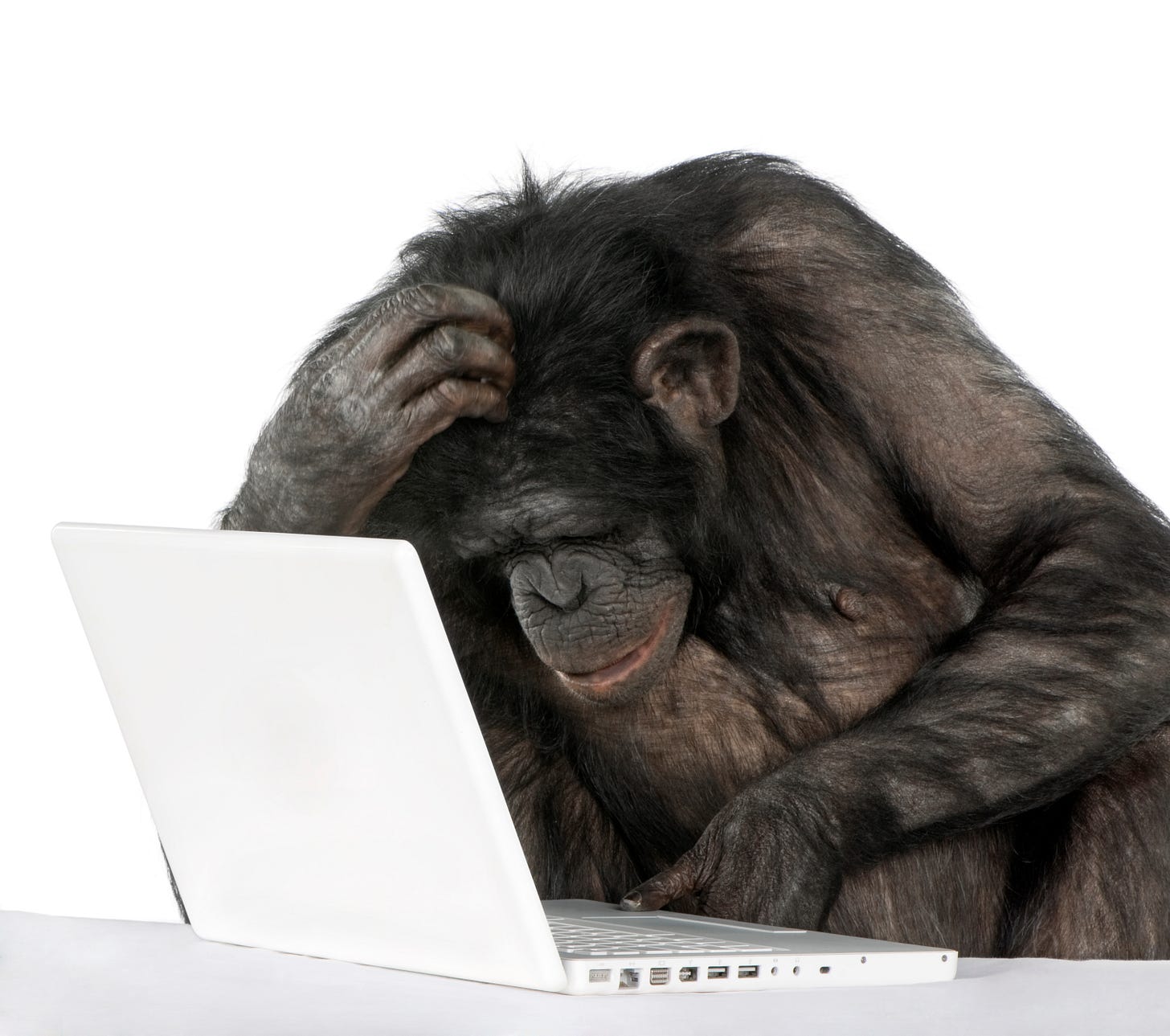
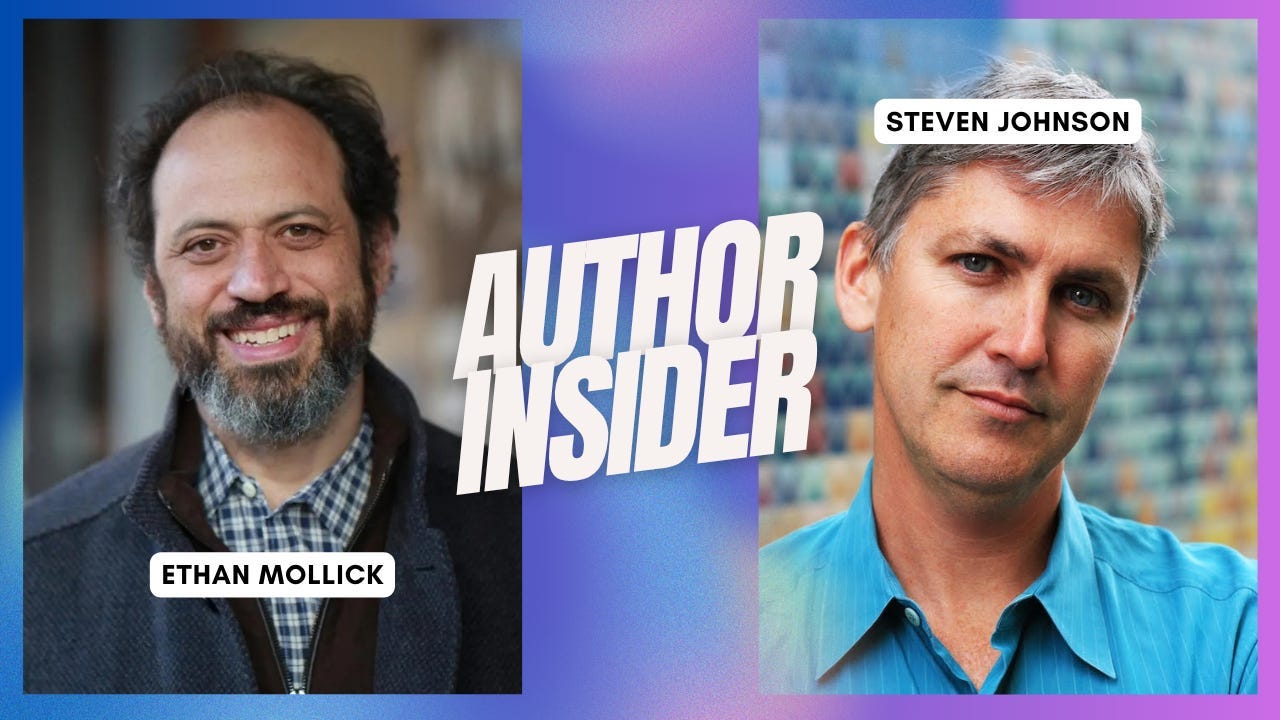
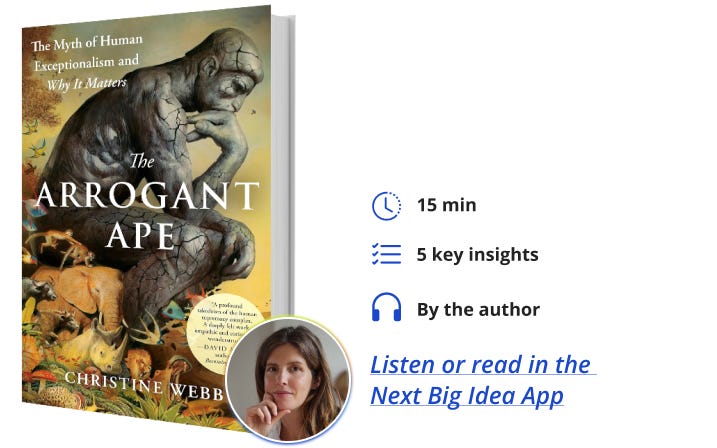
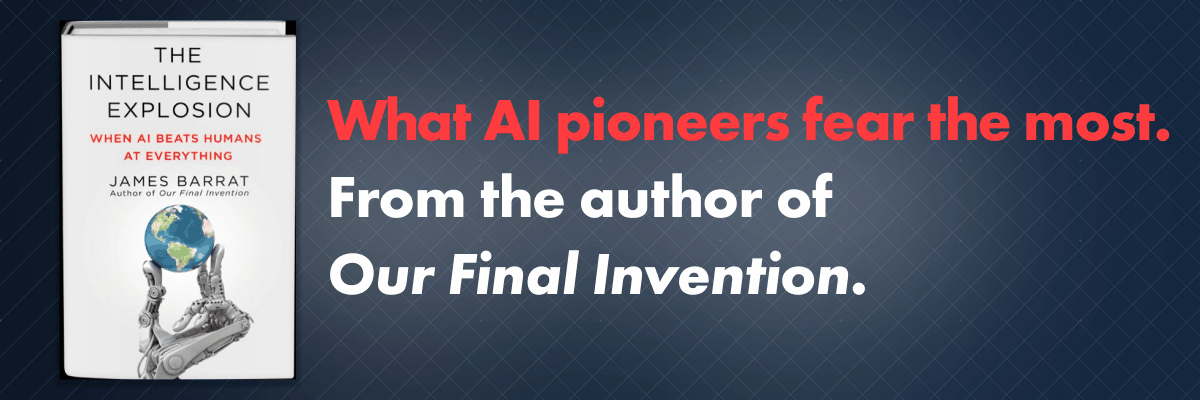
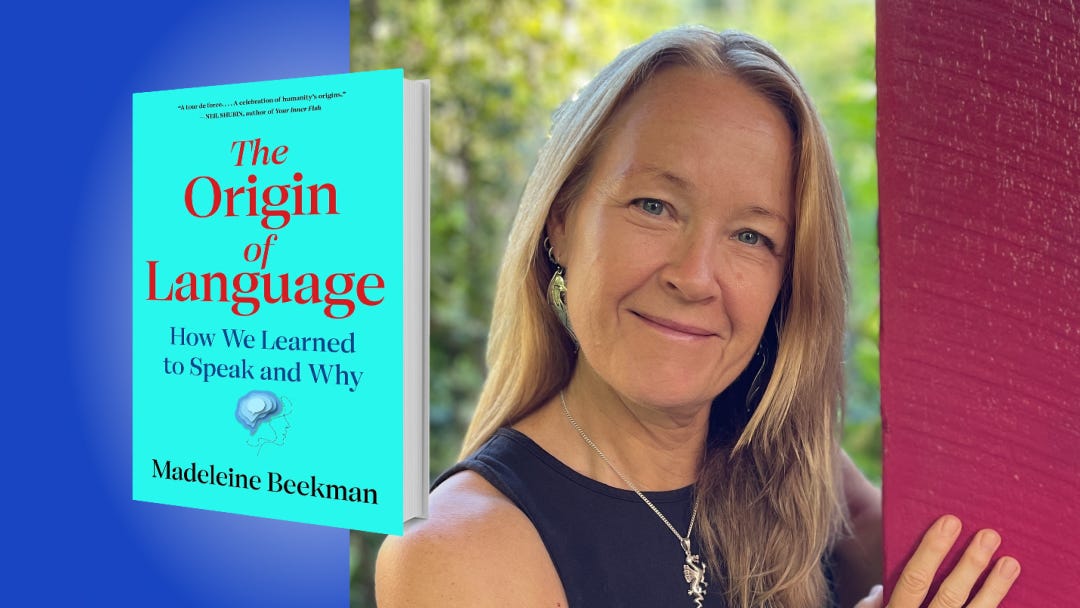
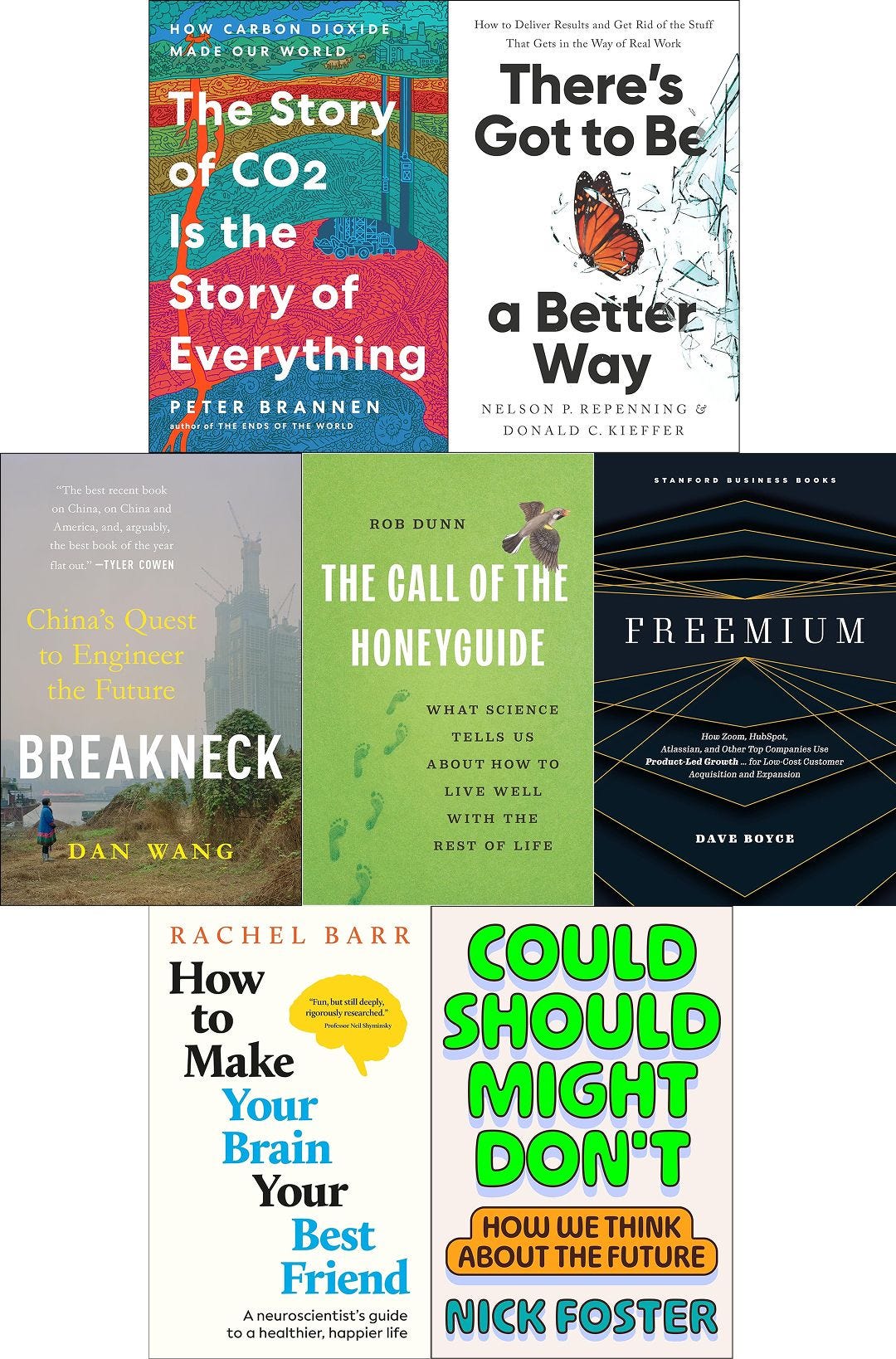
I need to quit work so I have time to keep up with all of these great books! Thanks, as always, for building up my “on hold” and “please buy this” lists at my libraries. You all make reading even more fun!